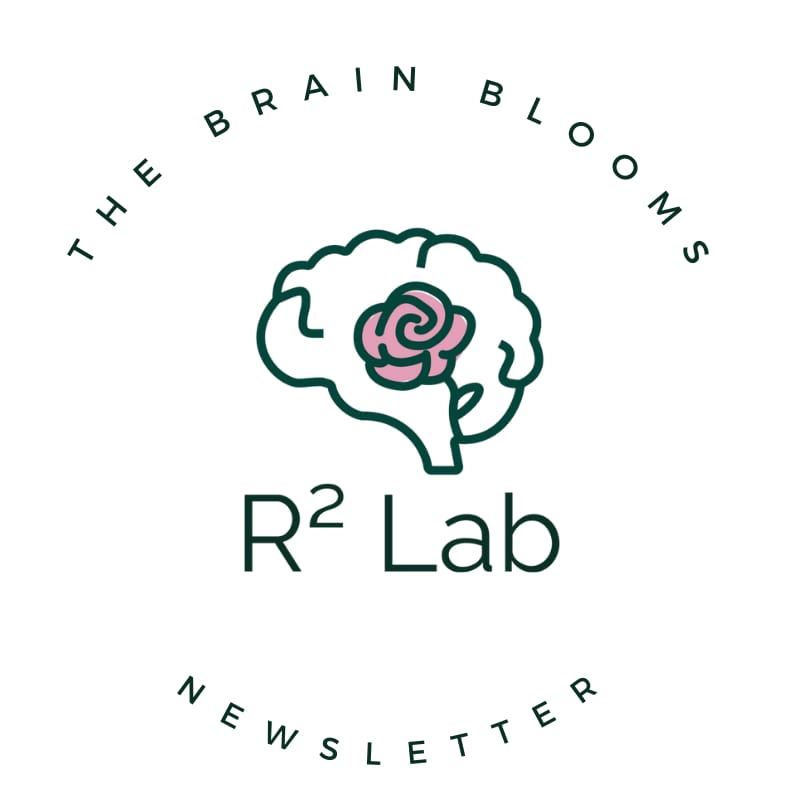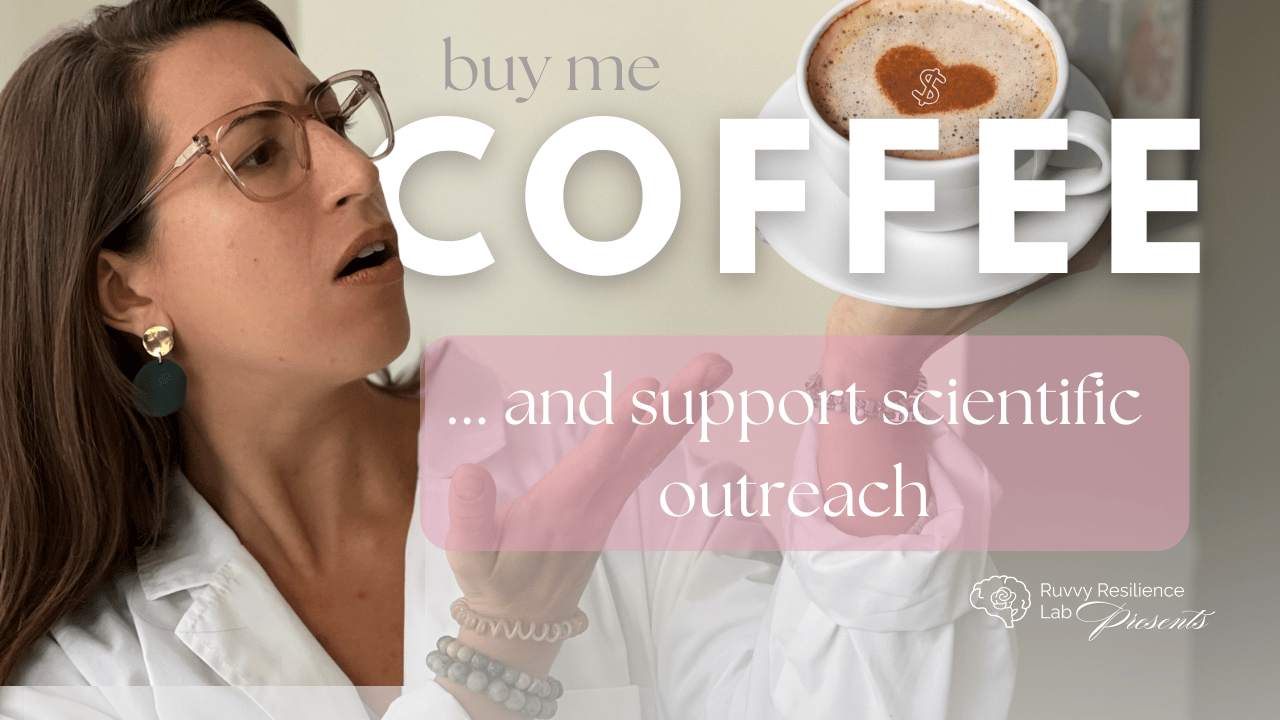- The Brain Blooms Newsletter
- Posts
- Blooming Through Adversity
Blooming Through Adversity
How childhood experiences shape our emotions, behaviors, and health

In this week’s newsletter, we continue our graduate school series by recapping Dr. John France’s dissertation defense. The defense is the last step of one’s doctoral training and a celebration of years of hard work. Dr. France’s dissertation focused on the neurobiological correlates of emotion processing and cognitive control interference in adolescents. The defense was a celebration of his academic journey and research achievements in Translational Neuroscience. If you have specific questions about graduate school, email us at [email protected] and we will answer!
🔍 How does what happens to us as a child shape our emotions, behaviors, and health throughout our life?
Our friend and colleague Dr. John France (Jovanovic Lab, Wayne State University) compares child development to a sunflower 🌻.
The sunflower 🌻 may grow through challenging or supportive surroundings. If its seed is planted in moist dirt free from weeds and with the right sun exposure, it is easy for the sunflower to grow strong and healthy. If its seeds are planted in dry dirt surrounded by weeds, it can be harder for the sunflower to grow strong and healthy — but sunflowers are resilient. They can push through. Especially when someone comes along to weed the garden and water the plant.
Stressful, adverse, and traumatic experiences can be like the dry dirt or strangling weeds. They can make it harder for kids to grow strong and healthy. However, positive, supportive adults, strong communities, and opportunities for youth to engage in sports, the arts, and other enriching activities can be like the person who comes along to weed the garden and water the plant.
Dr. France’s research showed how stressful, adverse, and traumatic experiences can change the way in which the neurons (cells) in our brains talk to one another and inform our emotions, behaviors, and health. Luckily, just as how negative experiences can shape us, so too can positive experiences shape us and confer resilience.
🔍 Do you have a big question like Dr. France’s?
If you answered YES, then a doctoral degree in research may be right for you!
Doctoral degrees are terminal dgrees
If you are looking to be a licensed clinician, a college professor, or someone leading a research program at a University, hospital, institution, etc., a doctoral degree could be right for you
Example doctoral degree programs include clinical psychology, industrial/organizational psychology, neuroscience, developmental psychology, and others
If you are 100% invested in research and doing science, then pursuing a training program in a ‘school of medicine’ may be right for you. These programs are 12-month programs for which you can earn a stipend (they pay YOU, rather than you paying them!) for your work in a lab.
If you are also interested in teaching, then pursuing a training program on a main campus graduate school in a ‘college of liberal arts and sciences’ or the like may be right for you. These programs are 9-month programs for which you can earn a stipend for your work both in research labs and in the classroom.
🔍 How can I learn more about these degrees and determine which one might be right for me?
Dr. Ruvvy has worked closely with the Anxiety and Depression Association of America and colleagues across the country to put together guidance for navigating careers in psychology and neuroscience.
In this video from Dr. Natalie Hellman, you can start with a guided exercise to reflect on your personal values and goals that can guide your decision-making.
At the bottom of this page, you can learn more about what a licensed professional counselor is, what a marriage and family therapist is, what a master’s of social work is, and what the difference between a Ph.D. and a PsyD is.
Ready to put together your graduate applications? See this outstanding collection of resources from Dr. Laurel Gabard-Durnam at the PINE Lab (Northeastern University) for examples, templates, and more!
✉️ We'd love to hear from YOU!
Do you have questions about graduate degrees, applying to graduate school, or careers in psychology and neuroscience?
We are developing a newsletter and YouTube series to answer all your questions and guide you every step of the way.
📩 Email us at [email protected] and let us know!
The Greenhouse of the Mind:
Resources to Help You Bloom
Help Support Science Content & Communication
Our team is so excited to get the word out to the people we serve and inform for FREE … and your support will allow us to put more resources and energy into doing precisely that.
Your donations help fund the creation of content that translates our research into practice.
Consider supporting our outreach efforts:

